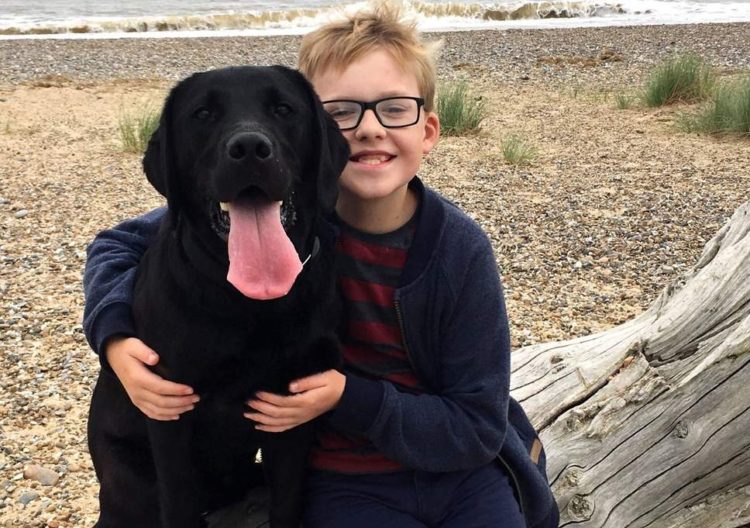By Charlie Carmichael
GCSE in British Sign Language (BSL) could be introduced in the UK before the next general election after a remarkable U turn by the British government in response to campaigners over the issue.
It comes after deaf schoolboy Daniel Jillings, 12, and his family, from Suffolk, campaigned for one to be available in time for his GCSEs.Their lawyers argued the lack of a BSL GCSE might be “discriminatory and unlawful”, as it is his first language.The British government had previously rejected calls for GCSEs to be introduced in this parliament, but sustained campaigning assisted by an online crowdfunding of £6,000 has led to a U turn by the government.In March, School Standards Minister Nick Gibb argued not everything needed to be taught at GCSE, adding: “We value British Sign Language, however a huge number of steps would have to be gone through for the BSL qualification to be accredited as a GCSE.
During the debate, Gibb warned that a “huge number of steps would have to be gone through” in order to gain GCSE accreditation for the current BSL qualifications. A pilot BSL GCSE has been prepared by the exam board Signature, but it had not been put through the “rigorous process” to accredit GCSEs or subjected to Ofqual’s assessment criteria.
Daniel’s mother, Ann Jillings, from Lowestoft, said: “We are not asking for any special treatment, all we want is for Daniel and other deaf children across the country to be given the same opportunities as other pupils.”On Wednesday, Mr Gibb said: “We will consider any proposals put forward for a GCSE in British Sign Language.”However, he stressed it would “need to meet the rigorous standards set by both the department and Ofqual”.Alex Rook, a public law expert at Irwin Mitchell, who represents Daniel’s family, said: “We are delighted that the government has backed down from its original position as, at present, the lack of a BSL GCSE is having a major and unnecessary impact on thousands of children each year.
“This announcement is a major turning point and hopefully paves the way so children such as Daniel have access to the education they deserve.”
Steve Haines, director of policy and campaigns at the National Deaf Children’s Society (NDCS), said: “By no longer blocking the introduction of a GCSE in British Sign Language in this Parliament, the government is sending a powerful signal to deaf children everywhere.”He added: “This campaign isn’t over yet though.The Department for Education and the exam regulator Ofqual must to do everything they can to work with exam bodies to develop this GCSE as soon as possible.”For Daniel Jillings, and for so many of the 45,000 deaf children across the country who want to study a GCSE in British Sign Language, we need a proactive, positive attitude from the government. Anything less is complete dereliction of duty.”
“If these expectations are met and a British Sign Language GCSE is ready to be introduced, we will then consider whether to make an exception to our general rule that there should be no new GCSEs in this parliament,” he said.
Steve Haines, from the National Deaf Children’s Society said there were 45,000 deaf children in the UK who wanted to sit a BSL GCSE and described the turnaround as “a powerful signal to deaf children everywhere”.
However, he said the “campaign isn’t over yet” and government and exam regulator Ofqual must do “everything they can… to develop this GCSE as quickly as possible”.
Alex Rook, public law expert at firm Irwin Mitchell which represents Daniel’s family, said they were “delighted that the government has backed down from its original position” and said it was a “major turning point”.
Pic Credits|: Family Handout/ PA




